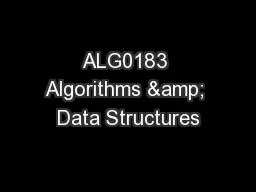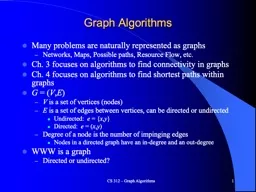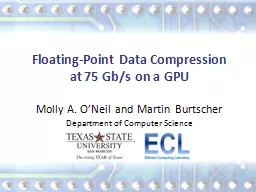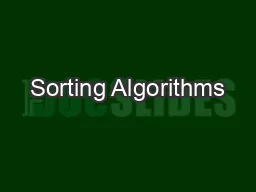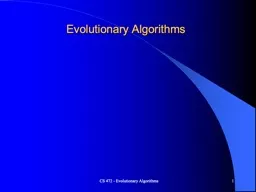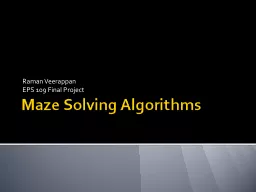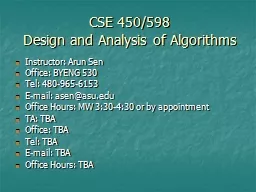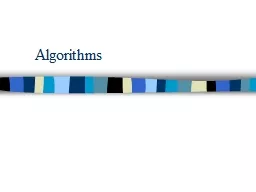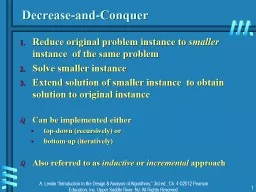PPT-Session 1 Introduction Theory: Algorithms
Author : alida-meadow | Published Date : 2018-12-24
Practical Starting out in Python Teaching Computing to KS3 Course outline Week No Understanding computers 500 600 Developing programming skills 600 700 23rd January
Presentation Embed Code
Download Presentation
Download Presentation The PPT/PDF document "Session 1 Introduction Theory: Algorithm..." is the property of its rightful owner. Permission is granted to download and print the materials on this website for personal, non-commercial use only, and to display it on your personal computer provided you do not modify the materials and that you retain all copyright notices contained in the materials. By downloading content from our website, you accept the terms of this agreement.
Session 1 Introduction Theory: Algorithms: Transcript
Download Rules Of Document
"Session 1 Introduction Theory: Algorithms"The content belongs to its owner. You may download and print it for personal use, without modification, and keep all copyright notices. By downloading, you agree to these terms.
Related Documents



